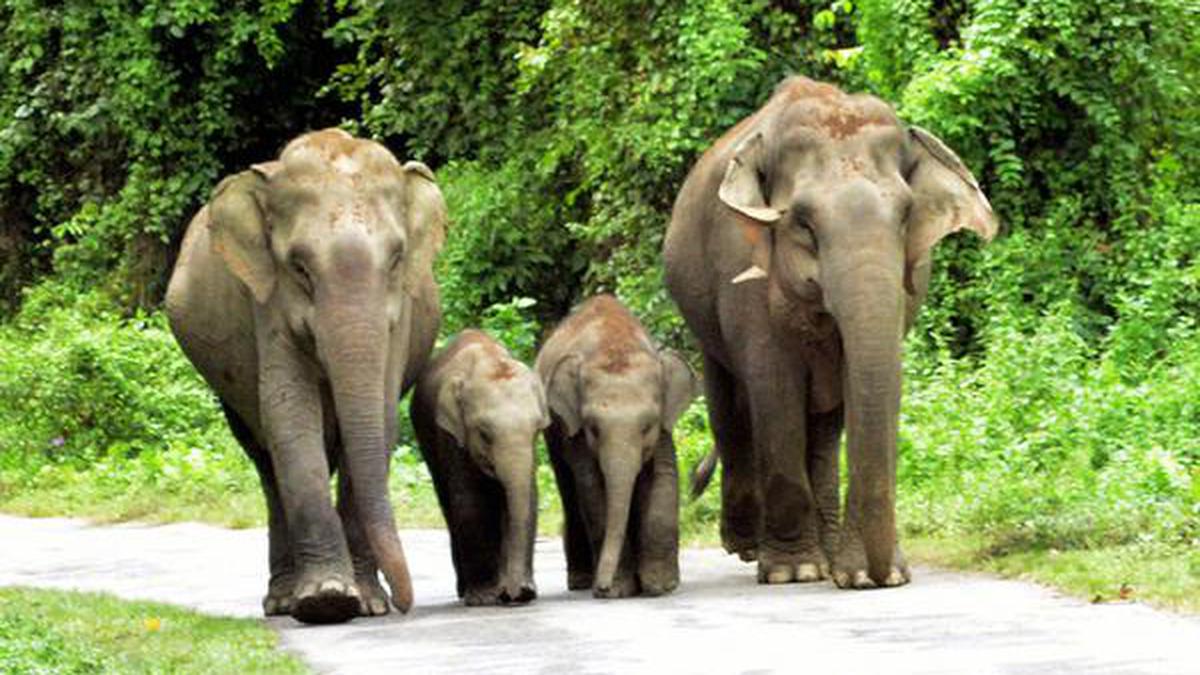- The Kerala Legislative Assembly unanimously passed a motion urging modifications to the 1972 Wildlife Protection Act to address the state’s rising human-animal conflict.
What is the Wildlife (Protection) Act, 1972?
- The WPA protects the country’s wild animals, birds, and plant species to ensure environmental and ecological security.
- It protects a number of animal, bird, and plant species while also establishing a network of ecologically significant protected areas throughout the country.
- It establishes a variety of protected areas, including wildlife sanctuaries and national parks.
The WPA has six schedules for the preservation of wildlife species, which can be summarised as follows:
| Schedule I | Species need rigorous protectionHarshest penalties for violation of the law are for species under this Schedule. |
| Schedule II | Animals under this list are accorded high protection.Cannot be hunted except under threat to human life. |
| Schedule III & IV | Species that are not endangered.Includes protected species but the penalty for any violation is less compared to the first two schedules. |
| Schedule V | Contains animals which can be hunted. |
| Schedule VI | Plants that are forbidden from cultivation. |
Kerala’s Demand for Amendment
- Section 11 Amendment: Kerala recommends changing Section 11(1)(A) to allow Chief Conservators of Forests (CCF) rather than Chief Wildlife Wardens (CWLW) to permit hunting of Schedule I mammals. This aims to speed local decision-making in dealing with human-wildlife conflicts.
- Declaration of Wild Boars as Vermin: Kerala requests the Centre to designate wild boars as pests under Section 62, allowing for controlled culling to reduce dangers to life and livelihood.
Rising incidents
- Human-animal conflict in Kerala: Especially with elephants and wild boars, have caused significant damage to lives and crops.
- According to government data, 8,873 wild animal attacks occurred in 2022-23, with elephants accounting for 4,193 and wild boars for 1,524. These disasters caused 98 deaths and severe agricultural loss.
- Wild boars, in particular, are known for devouring farmlands, causing 20,957 incidences of agricultural loss between 2017 and 2023.
Challenges and Implications.
- Urgent Action Required: Kerala’s request for changes emphasises the critical need for appropriate steps to address the human–animal conflict.
- Local Empowerment: Empowering local forest authorities can result in faster responses to animal hazards, protecting both human safety and wildlife conservation.
- Balancing Conservation and Livelihoods: Finding a balance between conservation and livelihood issues is critical for long-term cohabitation between humans and wildlife.
Conclusion
- Kerala’s proactive approach to pressing for revisions to the Wildlife Protection Act demonstrates its commitment to addressing the issues posed by the human-animal conflict.
- These suggested improvements seek to preserve both citizens and biodiversity, demonstrating a comprehensive approach to environmental and socioeconomic well-being.
Source: https://indianexpress.com/article/explained/explained-law/kerala-centre-amend-wildlife-protection-act-9163205/

